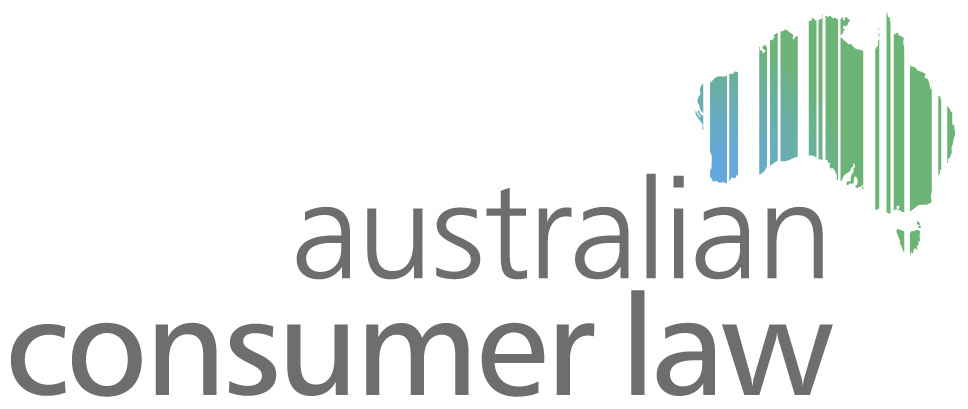The Consumer Ministers Network meet to share ideas, strengthen partnerships and work together on issues that affect consumers that need national cooperation.
By working as a team, they can:
- protect consumers
- support fair competition and
- help consumers feel safe and confident when buying and selling.
Members
The network includes all Australian federal, state and territory ministers responsible for consumer issues.
The minister for consumer affairs in New Zealand is also a member.
Intergovernmental agreement
The second Intergovernmental Agreement for the Australian Consumer Law was agreed on 30 August 2019.
The first Intergovernmental Agreement was signed on 2 July 2009 before the start of the Australian Consumer Law on 1 January 2011.
Read the second Intergovernmental Agreement
To read the first Intergovernmental Agreement, visit Australia’s federal relations architecture's Intergovernmental Agreement for the Australian Consumer Law [2 July 2009]
Network chair
The network chair role rotates yearly between different jurisdictions in this order:
- New South Wales
- Queensland
- Commonwealth
- Northern Territory
- Victoria
- New Zealand
- Tasmania
- Western Australia
- Australian Capital Territory
- South Australia.
Officials work together
The network is supported by officials from all levels of government working together to:
- identify key consumer priorities
- make sure products are safe
- teach people about consumer rights
- set policies and
- consider issues to help vulnerable consumers like Indigenous Australians.
A key role of these officials is to assess how effective the law is and how to improve it.
Officials help consumer ministers make decisions and ensure policies and law are clear and applied consistently across Australia in accordance with the Intergovernmental Agreement.

